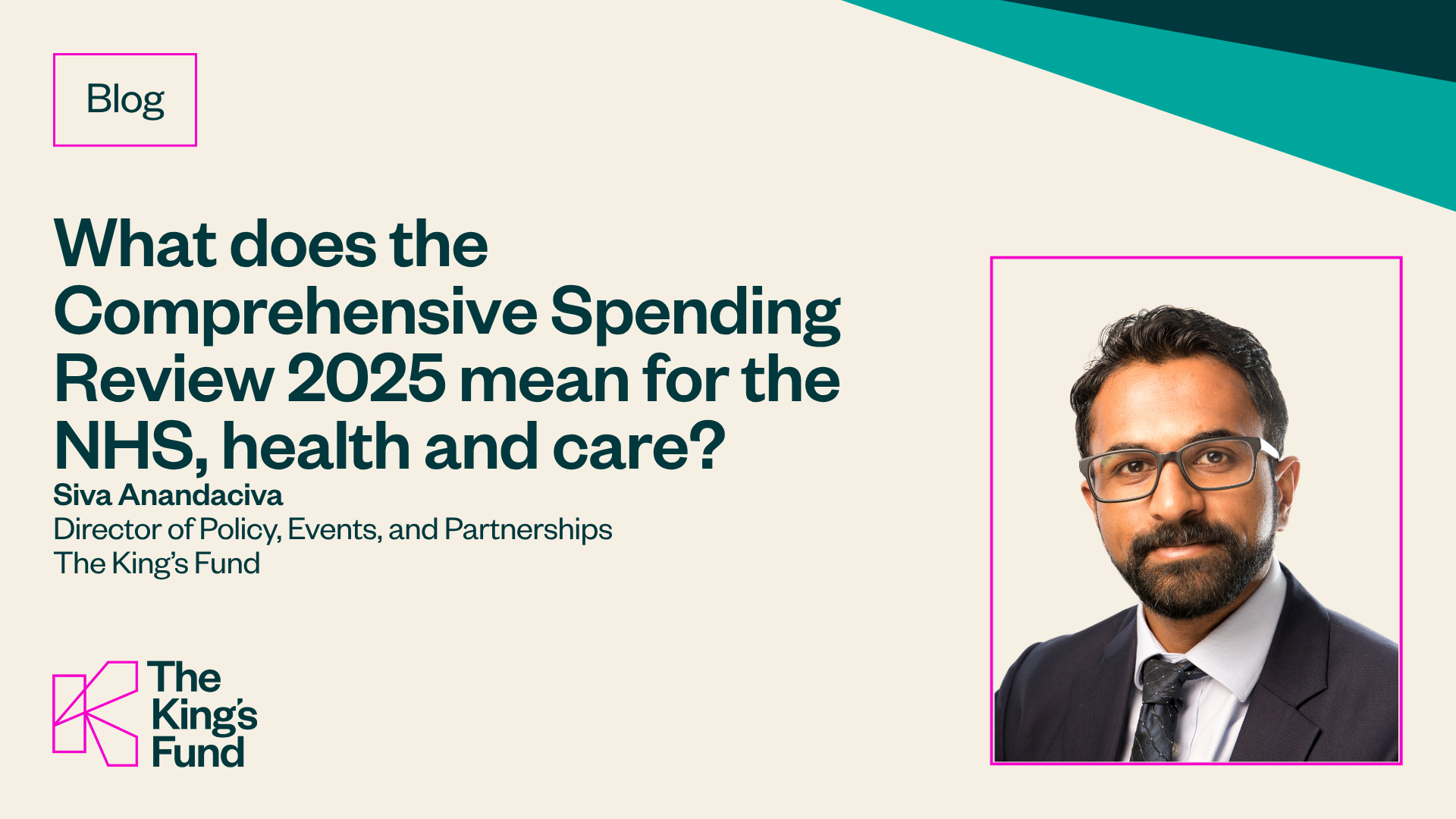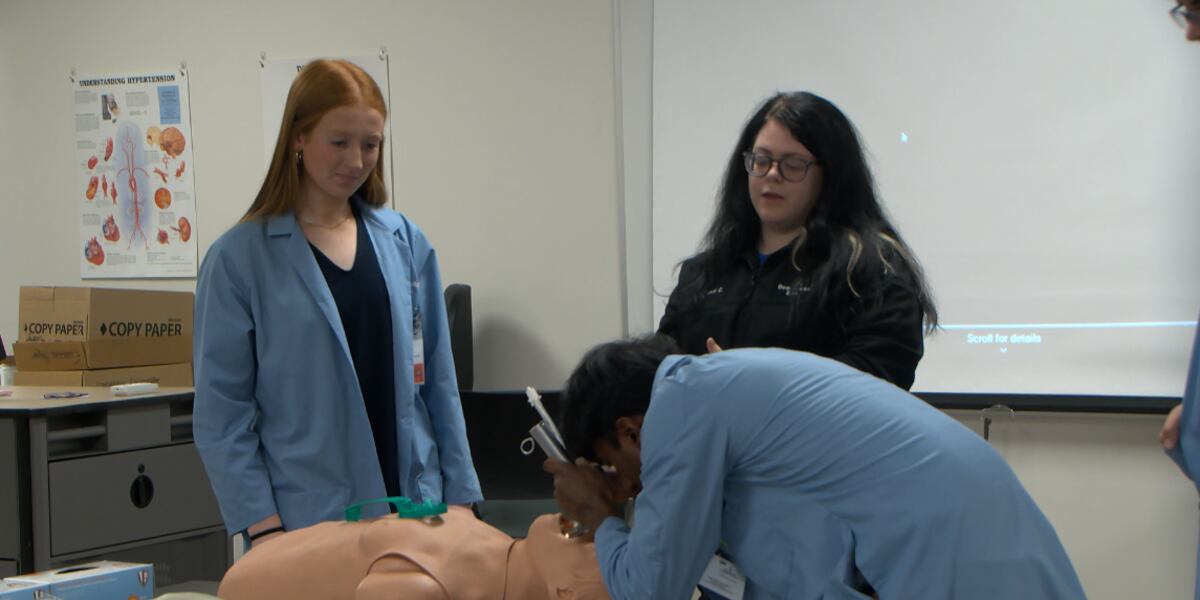India's Silver Tsunami: Why Prioritizing Geriatric Healthcare is Now a National Necessity

India is undergoing a demographic shift unlike any seen before – the rapid growth of its elderly population. This 'silver tsunami,' as it's often called, presents both opportunities and significant challenges, particularly within the healthcare sector. Currently, India's healthcare ecosystem for the elderly is fragmented, inadequate, and struggling to keep pace with the evolving needs of this growing demographic.
The Current State of Geriatric Healthcare in India: A Patchwork System
A significant portion of healthcare services for the elderly are scattered and lack coordination. This disjointed approach leads to several critical issues: duplication of services, inefficient resource allocation, and ultimately, poorer health outcomes for our senior citizens. Many primary care physicians lack specialized training in geriatric medicine, resulting in misdiagnosis and inappropriate treatment plans. Furthermore, access to specialized geriatric care – including geriatric psychiatrists, physiotherapists, and occupational therapists – remains severely limited, especially in rural areas.
The Structural Gaps: A Deeper Dive
The problem isn't just about a lack of specialists; it's about a systemic failure to integrate geriatric care into the broader healthcare framework. Key structural gaps include:
- Lack of Geriatric Screening Programs: Routine health screenings tailored to the unique needs of older adults are scarce. This means conditions like osteoporosis, cognitive decline, and falls are often diagnosed at later, more challenging stages.
- Insufficient Long-Term Care Facilities: India has a severe shortage of quality long-term care facilities and assisted living options. This leaves many elderly individuals reliant on family caregivers, who often lack the resources and training to provide adequate support.
- Limited Geriatric Training for Healthcare Professionals: Medical curricula often give insufficient attention to geriatric medicine, creating a workforce ill-equipped to address the complexities of aging.
- Inadequate Health Insurance Coverage: Many elderly Indians lack comprehensive health insurance, making it difficult to afford essential medical care.
Why Prioritizing Geriatric Healthcare is a Demographic Imperative
The increasing number of elderly individuals means the current system simply cannot cope. Ignoring this demographic imperative will have far-reaching consequences, including:
- Increased Burden on Families: The responsibility for caring for elderly relatives often falls on families, leading to emotional, financial, and physical strain.
- Rising Healthcare Costs: Untreated or poorly managed age-related conditions will lead to more hospitalizations and higher overall healthcare costs.
- Reduced Quality of Life: Poor health outcomes and lack of access to appropriate care will significantly diminish the quality of life for our elderly population.
The Path Forward: Recommendations for a Robust Geriatric Healthcare System
Addressing this challenge requires a multi-pronged approach:
- Integrate Geriatric Care into Primary Healthcare: Equip primary care physicians with the knowledge and tools to manage common geriatric conditions.
- Expand Geriatric Training Programs: Increase the number of geriatric specialists and provide specialized training for healthcare professionals across all disciplines.
- Invest in Long-Term Care Infrastructure: Develop a network of affordable and quality long-term care facilities and assisted living options.
- Promote Geriatric Screening Programs: Implement routine health screenings tailored to the specific needs of older adults.
- Strengthen Health Insurance Coverage: Ensure that elderly individuals have access to comprehensive health insurance coverage.
- Leverage Technology: Utilize telehealth and remote monitoring technologies to improve access to care, especially in rural areas.
India’s elderly population deserves access to high-quality, coordinated, and compassionate healthcare. By prioritizing geriatric healthcare, we can ensure a healthier and more dignified future for our senior citizens and build a more resilient and equitable healthcare system for all.





